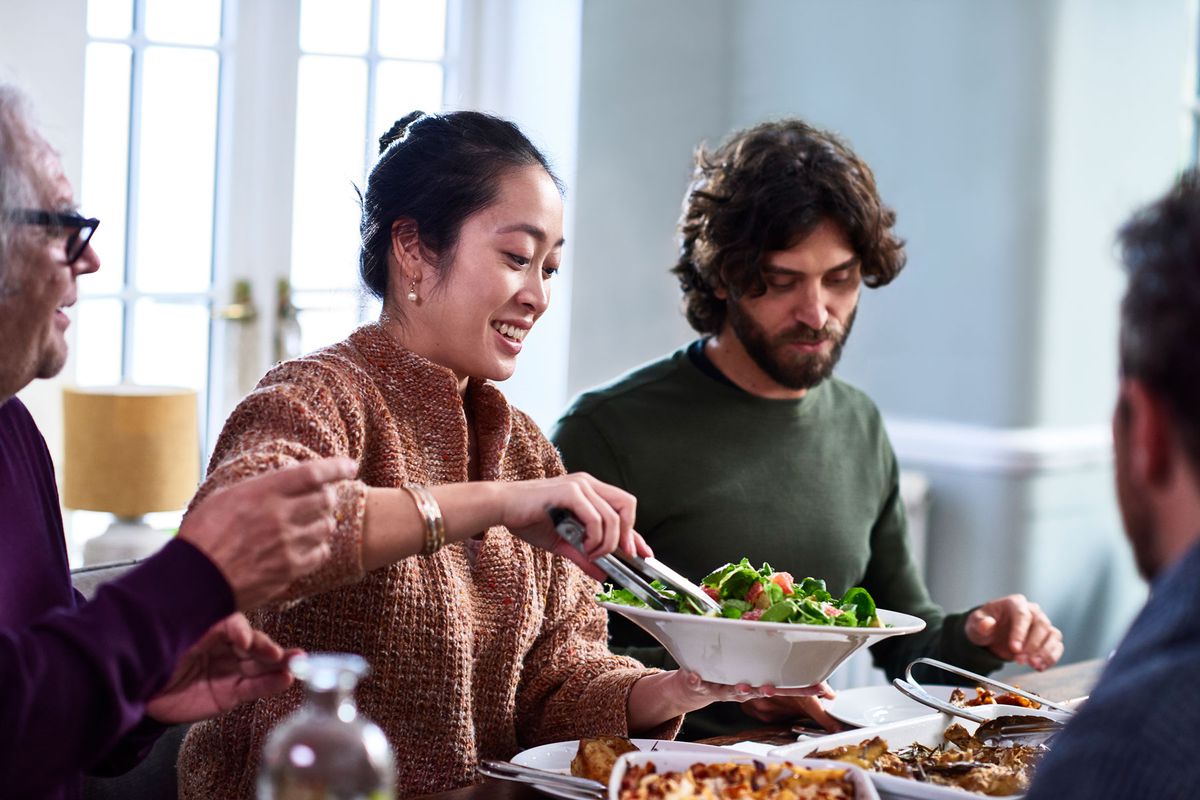
We are near the one-year mark since the COVID-19 lockdowns began in the U.S. While this comes with an array of emotions, increased vaccination efforts across the country have sparked hope. As the vaccine becomes more widely available and instances of serious illness decrease, restrictions can start to become more relaxed and life can potentially become more social. Though it may not mean immediately returning to "normal life" and all the activities we enjoyed before COVID-19, it is an encouraging step in the right direction for a better year.
The CDC recently updated their recommendations for what is considered safe and acceptable once you are vaccinated. The vaccine can take two weeks to reach maximum effectiveness, so the CDC gave specific guidelines for who is considered fully vaccinated. People are considered fully vaccinated:
- "2 weeks after their second dose in a 2-dose series, like the Pfizer or Moderna vaccines, or;
- "2 weeks after a single-dose vaccine, like Johnson & Johnson’s Janssen vaccine."
The CDC says that you can start doing these things once you’re fully vaccinated:
- “You can gather indoors with fully vaccinated people without wearing a mask;
- "You can gather indoors with unvaccinated people from one other household (for example, visiting with relatives who all live together) without masks, unless any of those people or anyone they live with has an increased risk for severe illness from COVID-19;
- If you’ve been around someone who has COVID-19, you do not need to stay away from others or get tested unless you have symptoms.”
The CDC states that even fully vaccinated people still need to adhere to these precautions:
- “You should still take steps to protect yourself and others in many situations, like wearing a mask, staying at least 6 feet apart from others, and avoiding crowds and poorly ventilated spaces. Take these precautions whenever you are:
- In public
- Gathering with unvaccinated people from more than one other household
- Visiting with an unvaccinated person who is at increased risk of severe illness or death from COVID-19 or who lives with a person at increased risk;
The CDC adds that "if it has been less than 2 weeks since your shot, or if you still need to get your second dose, you are NOT fully protected. Keep taking all prevention steps until you are fully vaccinated."
"We know that people want to get vaccinated so they can get back to doing the things they enjoy with the people they love," said CDC Director Rochelle P. Walensky, MD, MPH in a press release. "There are some activities that fully vaccinated people can begin to resume now in their own homes. Everyone–even those who are vaccinated–should continue with all mitigation strategies when in public settings. As the science evolves and more people get vaccinated, we will continue to provide more guidance to help fully vaccinated people safely resume more activities."
For those who are fully vaccinated, these changes in recommendations are good news. Now, you can enjoy a meal with people who are also fully vaccinated or are low risk for severe disease. Sharing dinners with vaccinated relatives or low-risk friends might feel long overdue. When preparing a meal for others, it is still important to follow safe food handling practices and to regularly wash your hands. Also, if you are bringing a meal to someone and need to go in public or if they are at higher risk, you will still need to wear a mask and take necessary precautions (we have this handy guide of how to safely bring people food here).
Bottom Line
Many of us are eager to participate in social gatherings we have missed during the last year. However, it is important to return to these activities in a safe and informed way. The CDC changed their recommendations to allow people who are fully vaccinated to gather indoors without masks with another fully vaccinated household or household that is low-risk for severe illness. In public, it is still important to wear masks and socially distance, regardless if you have been vaccinated or not. While we know that the COVID-19 vaccines are effective at preventing people from getting very sick, we're still learning about if people who are vaccinated can spread the coronavirus. The CDC plans to continue to update their guidance for people, both vaccinated and unvaccinated, as they learn more. For more information about the COVID-19 vaccine, check out these common myths explained.
This story originally appeared on EatingWell.com.
Source: Read Full Article










